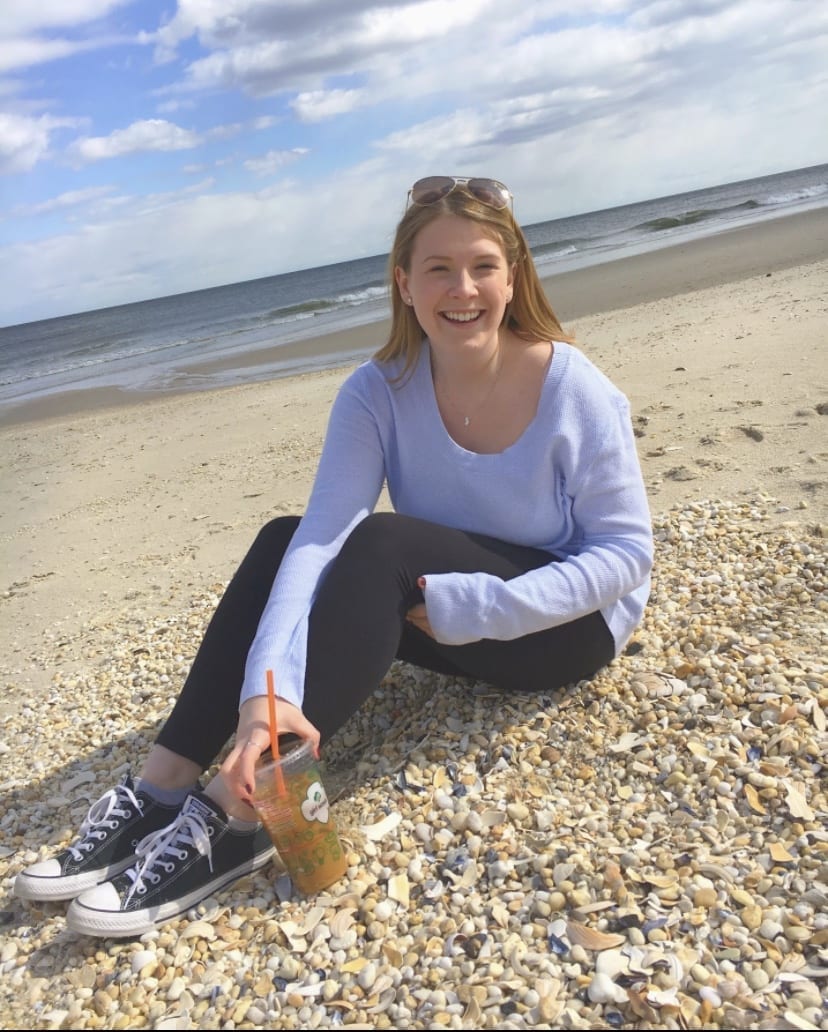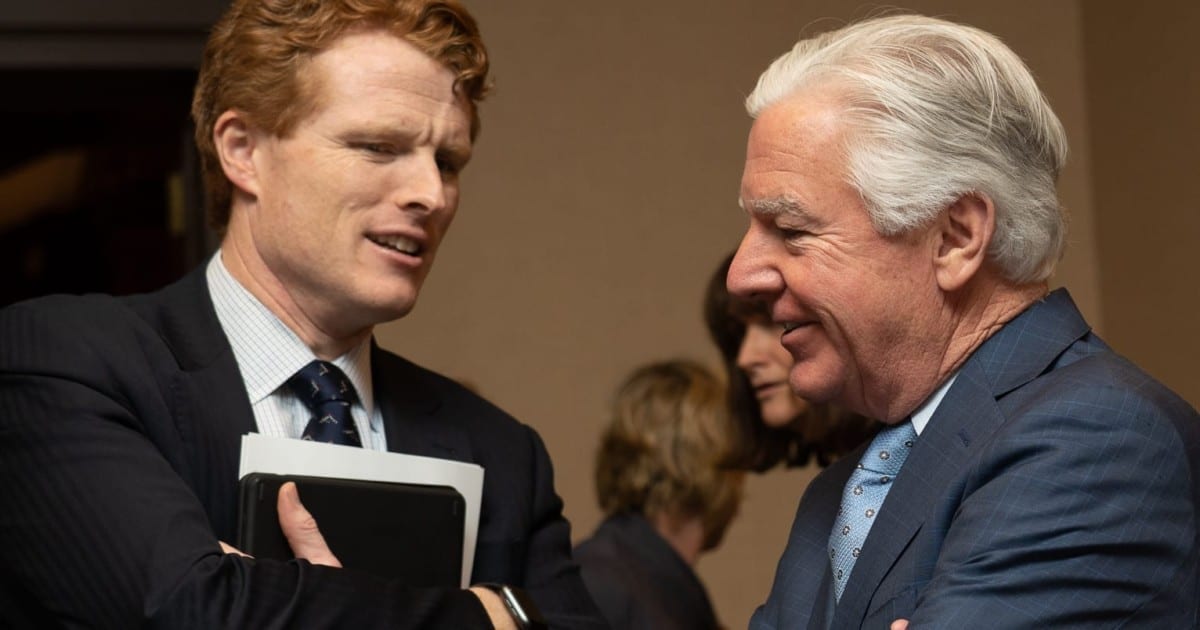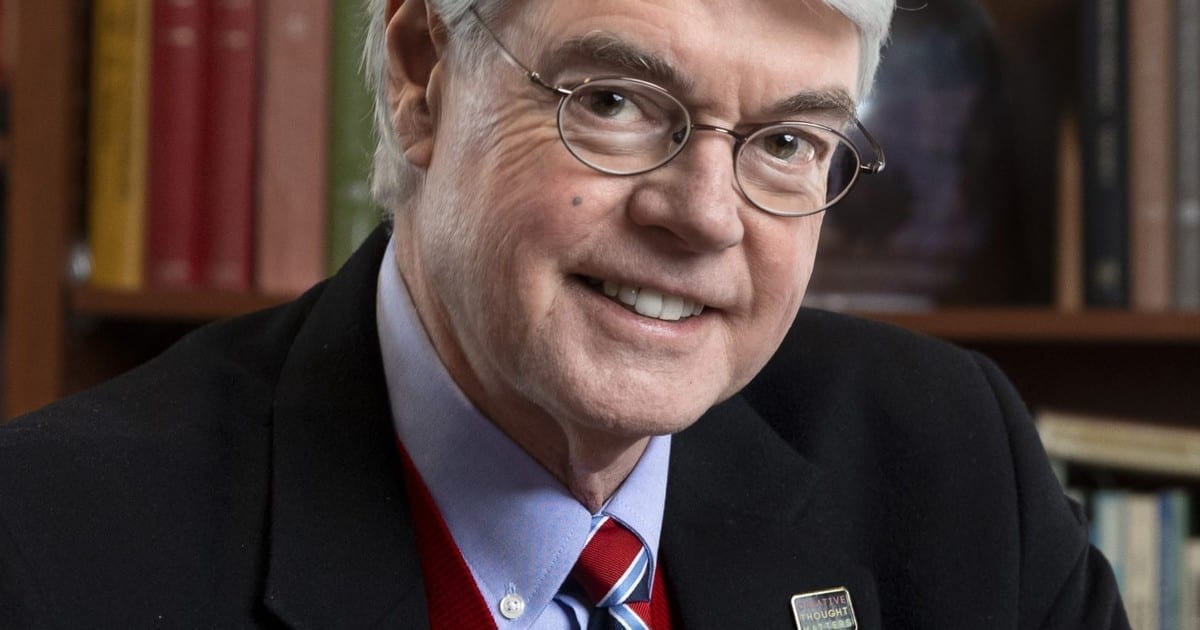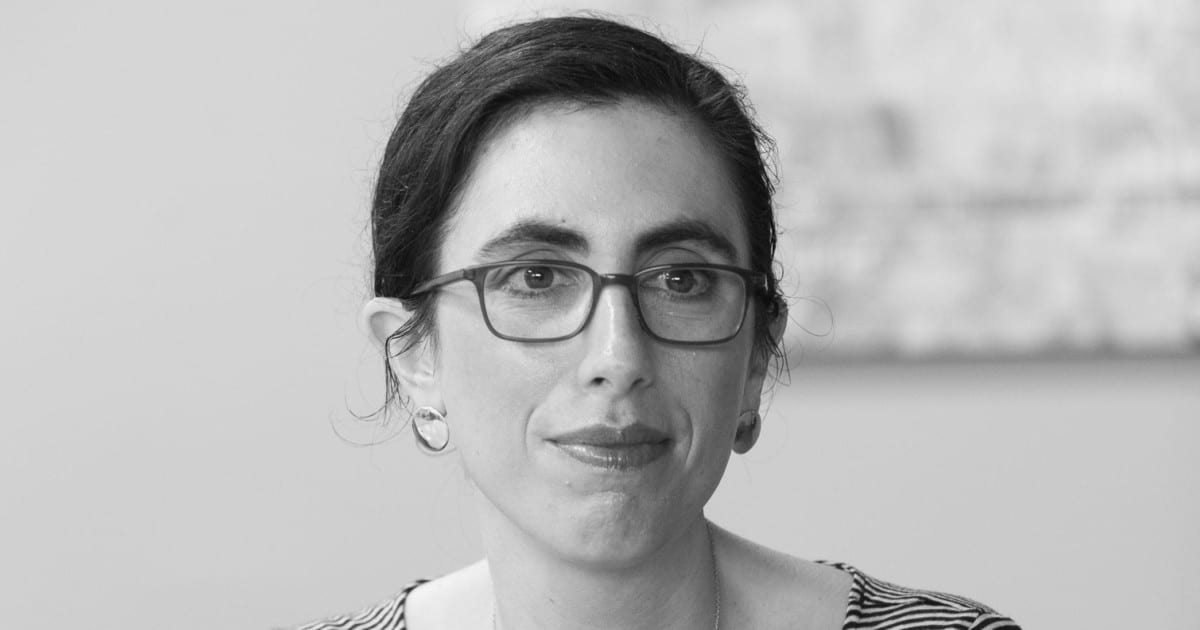In the wake of nationwide college closures due to the coronavirus crisis, many students, suddenly at home with their parents and siblings, are struggling to adjust to their new normal.
Somewhere in between the adults they are soon expected to become and the children they once were, students at home grapple with the emotional toll of being pulled away from friendships and relationships, and college seniors mourn the loss of graduation rituals and traditions, all while battling for WiFi with their parents and siblings.
We were able to sit down (virtually) with one of those students for a chat about her experience with these unexpected life changes.
Mackenzie Mertikas is a senior at Syracuse University where she serves as Student Association President. She is a dual Political Science and Public Relations major in the College of Arts and Sciences.
She is currently “distance-learning” from her family’s home in New Jersey.
Mary Christie Quarterly: What has your experience been like over the last few weeks?
Mackenzie Mertikas: I’m still struggling to wrap my head around how to feel. As a college senior especially, it has been hard to process and understand. I was very much looking forward to the last few months at school. I have people on campus that I’ve known for four years that I probably won’t see again.
To not be able to say goodbye to those people is something that seniors across the country are struggling with right now.
This year, especially at Syracuse, has been very challenging. We’ve faced a lot of changes in our campus climate.
We found out that we won’t have an on-campus graduation in May. We’ll all miss out on walking across the stage and getting that closure. You don’t get to say all of your goodbyes. You don’t get to recognize everything that you and your class have accomplished over the past four years.
Getting to take a picture in a cap and gown is something that I really wish that we could be doing in a few weeks. And then to be entering the “real world” at a time where everything is so uncertain, is very challenging.
MCQ: You have recently transitioned to remote classes. How are your online courses going?
MM: So far, it really depends on the class. I have some classes that are not meeting; lectures are being recorded and posted on the Blackboard system, or PowerPoints are posted. I have other classes where I’m on a conference call with 50 students, and in those spaces it’s definitely a challenge. It’s weird to be learning via conference call. It’s difficult to ask questions, discuss and be engaged when everyone’s in a different location. I don’t think we’re getting the same type of education that we would in-person. People are definitely still struggling with that.
The level of learning is different. The level of engagement is very different. For students that learn well in classroom settings, in a space that they can talk and ask questions, I think being in an online setting hinders their ability to learn.
MCQ: How have you carved out a space to be a university student at home?
MM: It’s definitely hard. I have a younger sister who’s in high school, so she’s also trying to do online classes, communicating with her classmates and teachers.
My mom is also working from home. There are three people trying to do different things throughout the day.
I have heard from so many students that the WiFi connection at home is an issue, with so many people using it at once. I think it’s really hard to find a space that works. It took me a few days to figure out what works for me. The first day of classes I sat all day and was trying to operate that way.
As a student that is constantly going all the time when I’m at school, running to class and in and out of meetings, sitting idle in a bed and just staring at my computer does not work for me.
So now I found a space in my house. I set up a little office, spread out all of my things. I feel like I’m processing things better.
MCQ: You made mental health one of the main tenants of your platform as Student Association President. Coronavirus and college closures have affected many students’ mental health. Have you found any strategies to cope with the emotional toll?
MM: One of the hardest things right now is social media and the news. It’s around all the time, whether it’s on the TV in my house, or opening up my phone and going to any form of social media. I’ll either see a sad post of a senior trying to wrap up their four years and put it all into words, or stories about what’s happening in the world.
One way that I’m trying to combat that is by not paying as much attention to social media, taking a break and distancing myself from it. I think that just causes a lot more anxiety.
I think a lot of us are having anxiety about jobs, about not really getting to finish what we expected to finish and having it end in such an abrupt way.
There is also anxiety in living with our parents, grandparents or elderly people that could be severely affected by COVID-19, and fears that we could be silent carriers.
A lot of students are scared of making their parents or loved ones sick. That’s something that a lot of us are trying to cope with and to understand. Making sure that you are social distancing, listening to all of the protocols.
On top of that, it’s setting boundaries for yourself. Don’t stay on social media for a long time, make sure that you’re doing your classwork; find a quiet, private place in your home.
Also, make sure that you’re getting out of the house. That’s something that has definitely helped me a lot over the past few days. In between classes or meetings, going on a walk or going on a drive and making sure that I’m breathing in fresh air and seeing sunlight and blue skies. It really makes me feel better.
And staying connected with my friends and people that I go to school with, video chatting to be able to see people’s faces. As soon as I see their face it sort of makes me feel better.
MCQ: Are there any university or student-led initiatives to help students cope emotionally?
MM: The university is continuing is its counseling appointments if they had been made previously to the closure. Those will be taking place via phone. I think it is really awesome that students are still able to get that help.
Right now, a lot of us are trying to rally around remembering all of the great times that we’ve had, highlighting why it has been so great to be “orange” for the past four years and everything that we’ve gained out of this experience.
We’re trying to make the best out of what has happened. All of the students, everything that I see, is just so supportive. Everyone’s willing to lean on each other and just be there.
MCQ: How do you think this might impact college student mental health long-term? Or the mental health of people in your generation?
MM: This is such an unprecedented situation and it’s something that brings out a lot of anxiety and depression.
Regardless of what is happening around the world, sitting in our houses for a long, undefined time period is definitely going to have a long-term effect, especially on our generation.
The anxiety and the stress about the future will have an impact. It’s going to be a strange time to be entering the real world and learning how to navigate that, potentially in an economy that is going into another recession.
Many students will be navigating that with student debt, wanting to get on their feet, but being hindered from doing so.
I think long-term it’s just going to be something that stays with us, especially for seniors that are not having commencement. That is such a monumental moment in your college career, in your entire life, and for it to end the way that it did is going to have lasting effects.
MCQ: Many students cannot return home, whether they don’t have another home to return to, or they are international students that may not be able to return to their home countries. What is Syracuse doing for vulnerable students?
MM: The university is allowing those students to stay on campus. I think there are over 700 students still on campus – international students that can’t go home – and the university plans on supporting them in any way that they can.
The dining halls are offering to-go options so students can go and pick those meals up throughout the day. They set up shuttles so students can get to places like Walgreens and a local grocery store.
The school is providing options for students that have to stay on campus, and they recognize that that could be throughout the summer, and they’re going to, from what I understand, continue to support those students and provide them with any resources that they may need.
MCQ: Have any faculty or advisors offered any useful advice or comments on maintaining mental health and wellbeing during this time?
MM: Many professors have offered themselves up as resources if we want to talk about anything. In a lot of my classes, professors know that we’re all seniors and recognize how hard and challenging this is.
Both of my classes that have met so far have provided a time for us to talk about what’s going on.
They have offered up the opportunity to meet with them one-on-one to talk about how we’re feeling so that they can be a resource if we need anything.
They have made themselves available as someone who will listen.
The same thing goes for advisors. They’re recognizing how hard this is and trying to be there to listen to our concerns and offer suggestions and encouragement.
I think that’s the most important part. The recognition of this challenge, and their willingness to work with us as much as they can.




